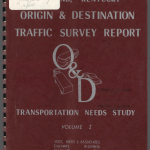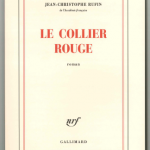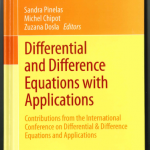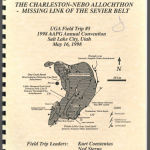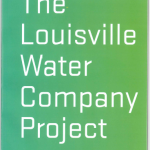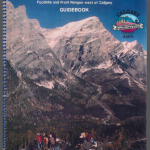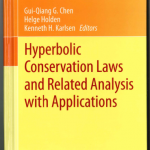RDA has three relationship designators that sound remarkably similar: editor, editor of compilation, and compiler. If the title page says “editor” or “compiler”, which relator term should you use? Which MARC tag?
A compiler is a creator of a new work. Specifically, it is “a person, family, or corporate body responsible for creating a new work (e.g., a bibliography, a directory) by selecting, arranging, aggregating, and editing data, information, etc.” Data-heavy works such as bibliographies and technical handbooks are likely to have compilers. This access point goes in a 1XX (if there is more than one creator, others will go in a 7XX).
An editor is a contributor to an expression of a work. Specifically, it is “a person, family, or corporate body contributing to an expression of a work by revising or clarifying the content, e.g., adding an introduction, notes, or other critical matter. An editor may also prepare an expression of a work for production, publication, or distribution.” A work by a previous creator that has been edited for this expression is likely to have an editor, in addition to its original creator. This access point goes in a 7XX.
An editor of compilation is a contributor to an expression of a (collective) work. Specifically, it is “a person, family, or corporate body contributing to an expression of a collective or aggregate work by selecting and putting together works, or parts of works, by one or more creators. The editor of compilation may also be involved in clarifying the content, e.g., adding an introduction, notes, or other critical matter, of the compilation.” A collection of works by individual authors, such as a conference proceedings, is likely to have an editor of compilation. This access point goes in a 7XX.
UPDATE: the April 2014 update to RDA will remove “editor of compilation” as a relationship designator; this relationship will be grouped with “editor”.
